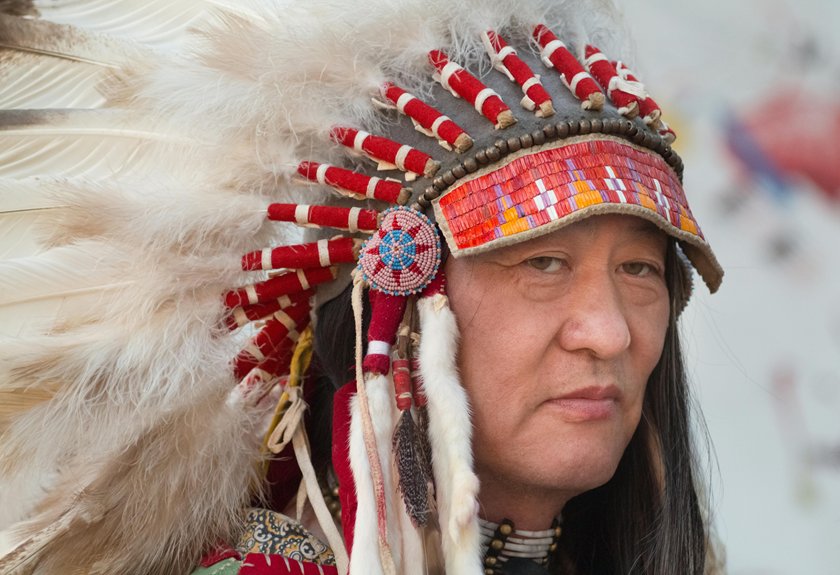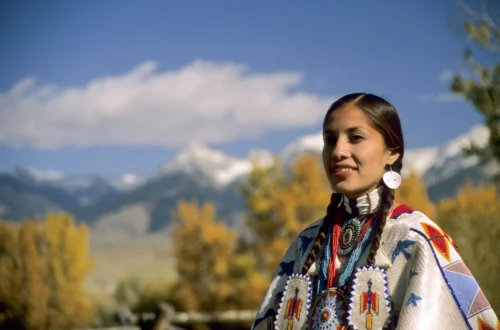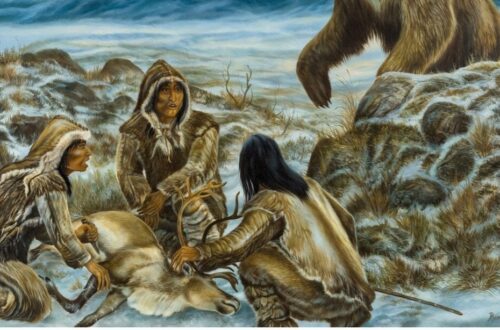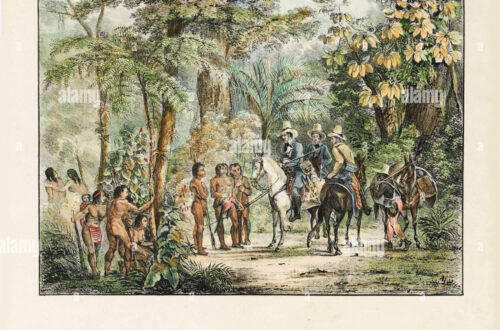Every year, communities worldwide pause to recognize something profound. The International Day of the World’s Indigenous Peoples brings global attention to the rich cultures, languages, and knowledge systems that have shaped our planet for millennia. What day is August 9? It represents far more than a date on the calendar—it’s a bridge connecting ancient wisdom with contemporary challenges.
This sacred observance emerged from decades of Indigenous advocacy and international recognition. The United Nations General Assembly established this day in December 1994, commemorating the first meeting of the UN Working Group on Indigenous Populations held in Geneva in 1982. Indigenous day celebrates resilience while acknowledging ongoing struggles for rights and recognition.
What is International Day of the World’s Indigenous Peoples?
The International Day of the World’s Indigenous Peoples serves as a global platform for Indigenous voices. This world indigenous peoples day raises awareness about the unique challenges facing Indigenous communities while celebrating their invaluable contributions to humanity. The observance recognizes achievements in environmental protection, cultural preservation, and traditional knowledge systems.
Indigenous peoples represent extraordinary diversity within unity. There are an estimated 476 million indigenous people in the world living across 90 countries. They make up less than 6 percent of the global population yet account for at least 15 percent of the world’s poorest people. This paradox highlights systemic inequalities requiring urgent attention.
Cultural richness defines Indigenous communities globally. They speak an overwhelming majority of the world’s estimated 7,000 languages and represent 5,000 different cultures. Indigenous peoples maintain humanity’s most diverse linguistic and cultural heritage. Their traditional ecological knowledge proves increasingly valuable for addressing climate change and biodiversity loss.
The Bureau of Indian Affairs in the United States works alongside tribal governments to address federal responsibilities. However, Indigenous peoples worldwide seek more than bureaucratic relationships. True partnership requires respecting Indigenous sovereignty and self-determination across all levels of governance.
When is International Day of the World’s Indigenous Peoples Celebrated?
August 9 marks the annual International Day of Indigenous Peoples worldwide. This date holds special significance, chosen to commemorate the first meeting of the UN Working Group on Indigenous Populations of the Sub-Commission on the Promotion and Protection of Human Rights in 1982. The timing connects contemporary observance with decades of Indigenous organizing for international recognition.
The day provides focused opportunity for global dialogue. Each year brings new themes highlighting different aspects of Indigenous experiences. Recent themes have addressed youth leadership, artificial intelligence impacts, and language preservation. These evolving focus areas demonstrate the dynamic nature of Indigenous concerns and aspirations.
Indigenous day occurs during a crucial time for environmental awareness. August typically brings harvest seasons and seasonal transitions in many Indigenous territories. The timing allows communities to connect traditional seasonal ceremonies with contemporary advocacy efforts. Natural cycles and political recognition interweave during this important observance.
UNESCO and other international organizations coordinate global activities. Educational institutions, museums, and cultural centers often schedule special programming throughout August. The month-long recognition extends beyond a single day, creating sustained opportunities for learning and engagement.
How to Celebrate International Day of the World’s Indigenous Peoples
Meaningful celebration begins with education and respect. Learning about local Indigenous histories provides essential foundation for authentic engagement. Every region has Indigenous peoples whose stories deserve recognition and understanding. Research which tribal nations originally inhabited your area and learn about their contemporary presence.
Supporting Indigenous-led organizations demonstrates genuine commitment beyond symbolic gestures. Indigenous peoples need economic support, political advocacy, and cultural respect. Purchase artwork directly from Indigenous artists rather than mass-produced imitations. Buy books written by Indigenous authors to amplify authentic voices and perspectives.
Attending community events offers powerful learning opportunities. Many Indigenous communities host public educational programs, cultural demonstrations, and traditional food tastings. These gatherings provide respectful ways to learn while supporting Indigenous cultural practitioners. Always follow community guidelines and show appropriate reverence for sacred elements.
Language learning represents profound cultural bridge-building. Many Indigenous languages face extinction due to historical suppression and contemporary challenges. At least 40% of the 7,000 languages used worldwide are at some level of endangerment. Learning even basic greetings in local Indigenous languages shows respect and support for revitalization efforts.
Environmental stewardship honors Indigenous wisdom. Indigenous territories contain 80% of the world’s biodiversity despite covering only 22% of global land area. Traditional ecological practices offer sustainable solutions for contemporary environmental challenges. Support conservation efforts led by Indigenous peoples in your region.
What is a Common Theme Discussed on International Day of Indigenous Peoples?
Land rights consistently emerge as central Indigenous concerns worldwide. What is a common theme discussed on the international day of the world’s indigenous peoples? The relationship between Indigenous peoples and their ancestral territories forms the foundation for cultural survival, economic development, and spiritual practices. Secure land tenure enables communities to maintain traditional lifestyles and pass cultural knowledge to future generations.
Environmental protection represents another universal Indigenous priority. Traditional ecological knowledge developed over thousands of years provides crucial insights for addressing climate change, biodiversity loss, and sustainable resource management. Indigenous peoples often serve as environmental guardians, protecting ecosystems that benefit entire regions and global climate stability.
Language preservation demands immediate international attention. Indigenous languages are particularly vulnerable because many of them are not taught at school or used in the public sphere. When languages disappear, entire worldviews, traditional knowledge systems, and cultural practices vanish with them. Revitalization efforts require community-led initiatives supported by adequate resources and institutional recognition.
Cultural sovereignty empowers Indigenous communities to control their own representation and cultural practices. Historical exploitation through museums, academic research, and commercial appropriation created lasting trauma and mistrust. Contemporary Indigenous movements emphasize community control over cultural resources, research protocols, and educational curricula.
Traditional Knowledge Meets Modern Challenges
Indigenous wisdom offers essential guidance for contemporary global challenges. Traditional medicines contribute significantly to modern pharmaceutical development, though Indigenous communities rarely receive appropriate compensation or recognition. Sustainable agriculture practices developed by Indigenous peoples provide alternatives to industrial farming methods that damage ecosystems.
Climate change disproportionately affects Indigenous communities while they possess valuable adaptation strategies. Traditional weather prediction, seasonal planning, and resource management techniques help communities adapt to changing environmental conditions. These knowledge systems deserve integration into climate science and policy development.
Social organization models from Indigenous communities offer alternatives to hierarchical structures dominating contemporary institutions. Consensus-building, collective decision-making, and intergenerational planning provide frameworks for more equitable and sustainable governance systems.
Healing Historical Trauma Through Recognition
Educational sovereignty represents crucial Indigenous priority worldwide. Historical trauma from forced assimilation through boarding schools, residential schools, and other colonial institutions continues affecting Indigenous families across generations. Community-controlled education enables Indigenous peoples to teach their children according to cultural values while preparing them for contemporary challenges.
Healthcare disparities require immediate attention and culturally appropriate solutions. Indigenous peoples globally experience higher rates of poverty, illness, and premature death compared to national averages. Traditional healing practices, when integrated respectfully with modern medicine, offer holistic approaches to physical, mental, and spiritual wellness.
Economic development on Indigenous terms supports community self-determination. Tourism, cultural industries, and sustainable resource development provide income opportunities while preserving cultural integrity. Indigenous-owned businesses deserve support and recognition for their contributions to local and national economies.
Moving Forward Together
International Day of the World’s Indigenous Peoples creates opportunities for building genuine partnerships between Indigenous and non-Indigenous peoples. Recognition must translate into concrete actions supporting Indigenous rights, cultural preservation, and economic development. Authentic allyship requires listening to Indigenous voices, supporting Indigenous leadership, and implementing Indigenous solutions to shared challenges.
The future depends on learning from Indigenous wisdom while respecting Indigenous sovereignty. Traditional knowledge systems offer guidance for addressing global challenges while Indigenous peoples deserve control over their cultural resources and territorial rights. True reconciliation requires systemic changes addressing historical injustices and contemporary inequalities through Indigenous-led processes and solutions.





